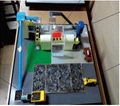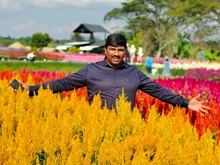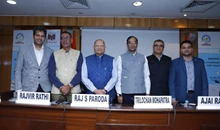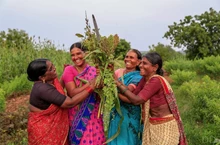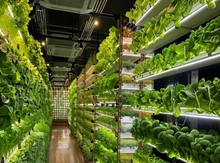
Specific wasteland clusters are being chosen all across the district to be converted to agriculture lands, according to Collector S. Aneesh Sekhar, on Tuesday. The Collector reviewed the projects completed under the Kalaignarin All Village Integrated Agricultural Development Program here at Chellampatti Village Panchayat Union with Joint Director of Agriculture T. Vivekanandan and Deputy Director of Horticulture Revathi.
The programme aims to improve villages overall and make them self-sufficient, according to a news statement. Throughout the district, the initiative is being carried out in a total of 112 village panchayats.
According to the Collector, 39 wasteland clusters have already been chosen with the intention of transforming them into agricultural fields as part of this programme. Each cluster needs to have a continuous area of land that is between 10 and 15 acres long. It is possible to ignore and include in the cluster even two to three acres of agricultural land sandwiched between a stretch of wasteland.
When establishing a wasteland cluster, people from Scheduled Castes, Scheduled Tribes, and minorities would be given preference. The Department of Agriculture or Horticulture should register the wasteland cluster committees in accordance with the Tamil Nadu Societies Registration Act, 1975, as wasteland clusters.
The Department of Agricultural Engineering should receive the information on the wastelands that have been thus registered in order for it to build a borewell or tube well and set up solar power pump sets or an electricity connection, he added.
Also, 200 families have thus far received three coconut saplings. At a rate of 15 hectares per village panchayat, seeds for toor dal, black gram, green gram, etc. have been distributed to 58 village panchayats. Furthermore, five battery-powered hand sprayers have been distributed to each village panchayat.
The Divisional Revenue Officer's Office at Usilampatti was previously inspected by the Collector. He also chaired a taluk-level farmers' grievance conference. The Collector looked over the free house pattas given to barbers in the village of Chikkampatti.





